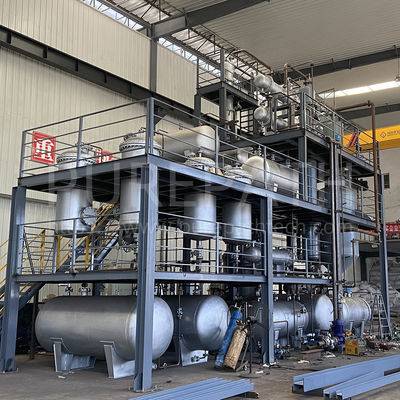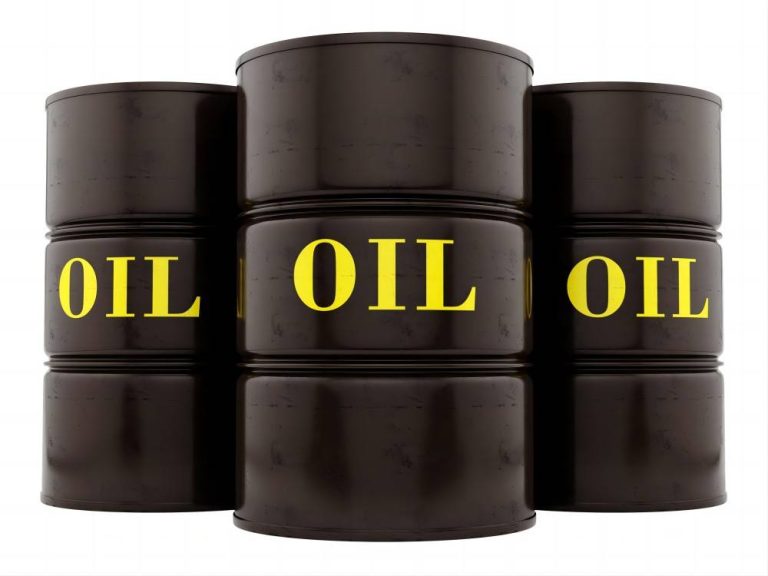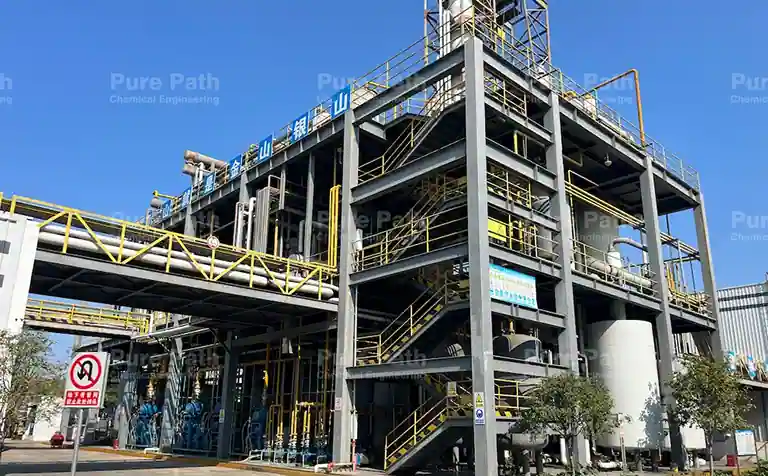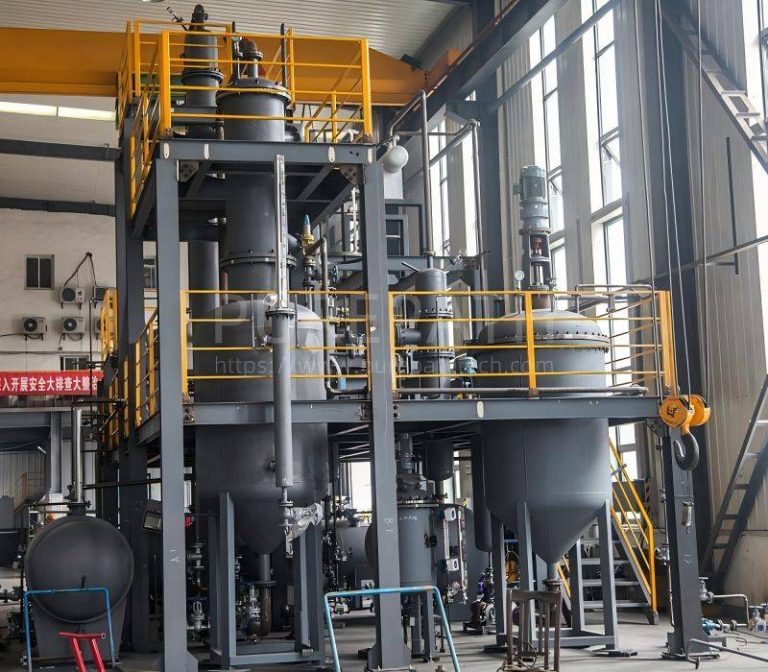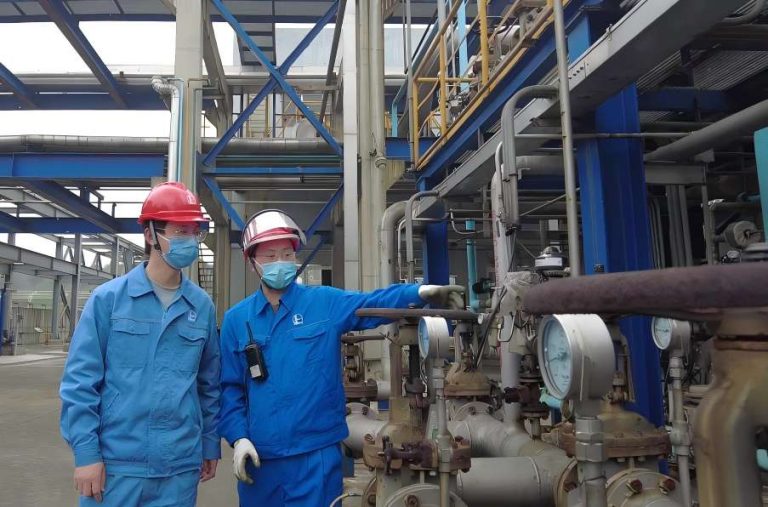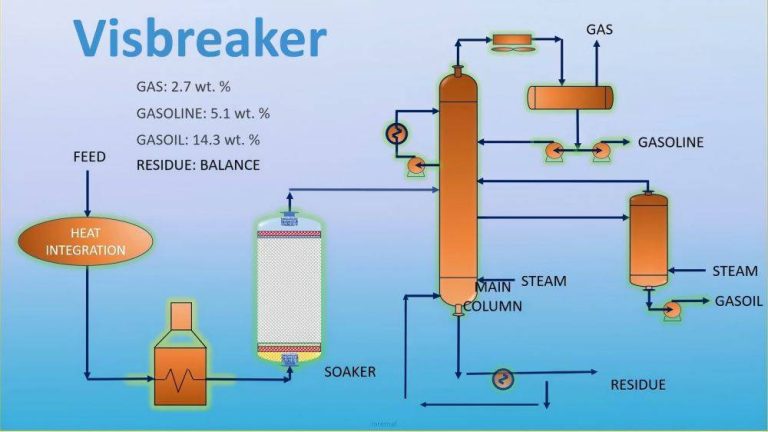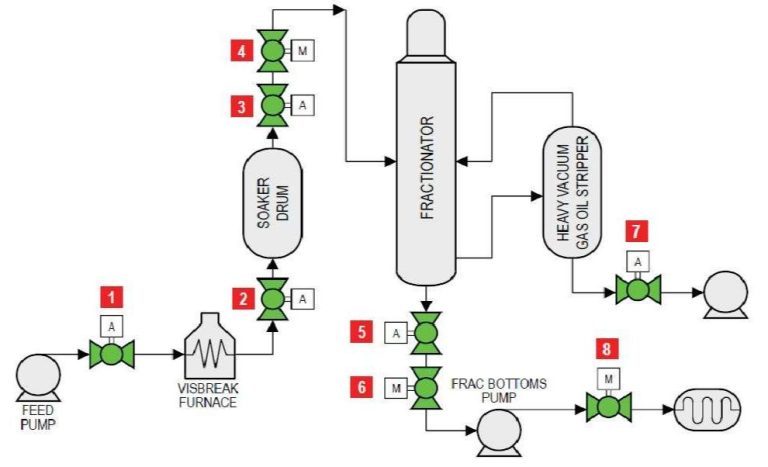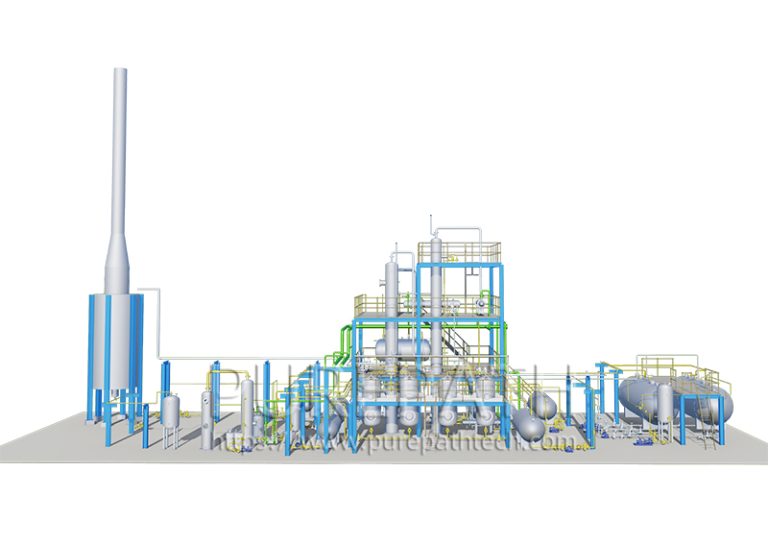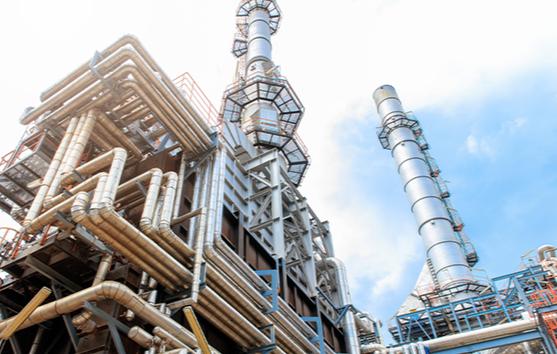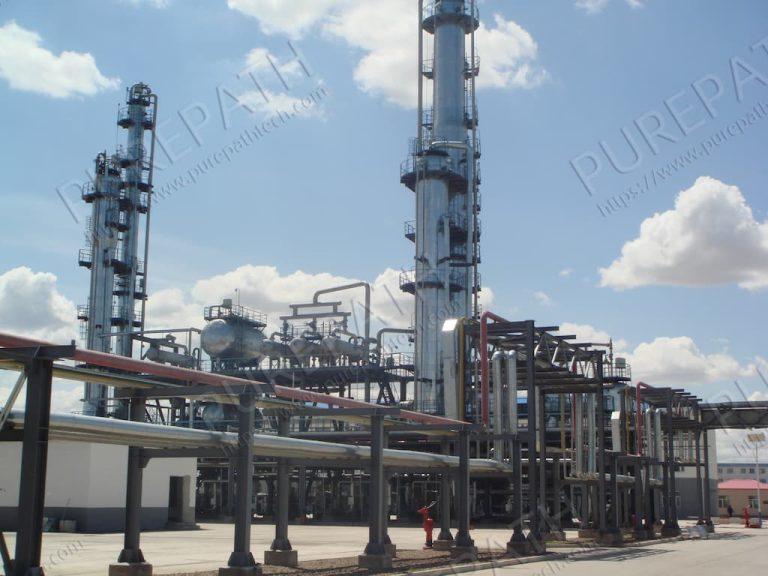Solvent Extraction Plant for Group 1 Based Oil Extraction from Waste Oil
Home / Literatures The disposal of waste oil poses a significant environmental challenge worldwide. Traditional disposal methods, such as incineration and landfilling, contribute to air and soil pollution. As environmental regulations become increasingly stringent, there is a growing need for sustainable and efficient waste oil treatment technologies. The recovery of valuable resources from waste oil,…


